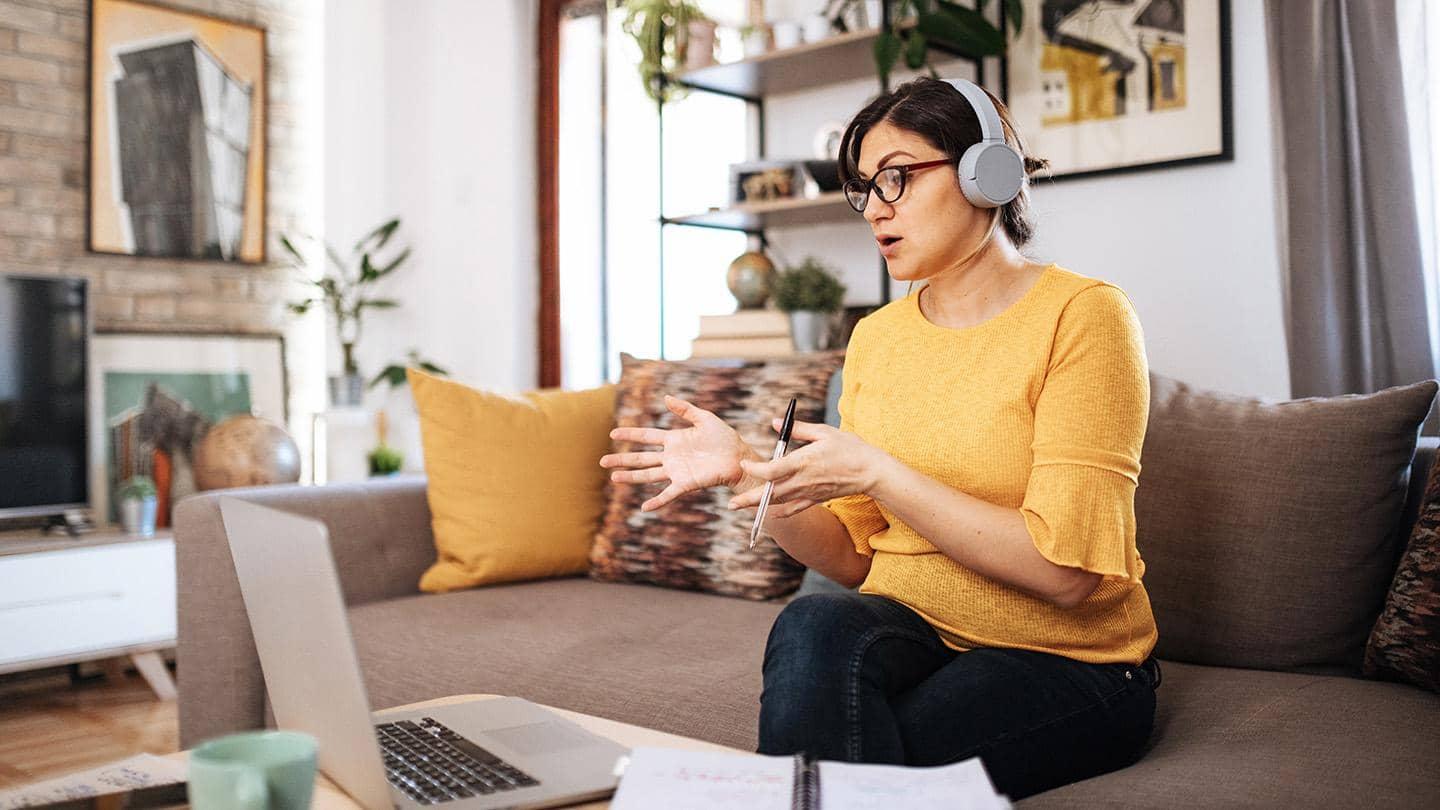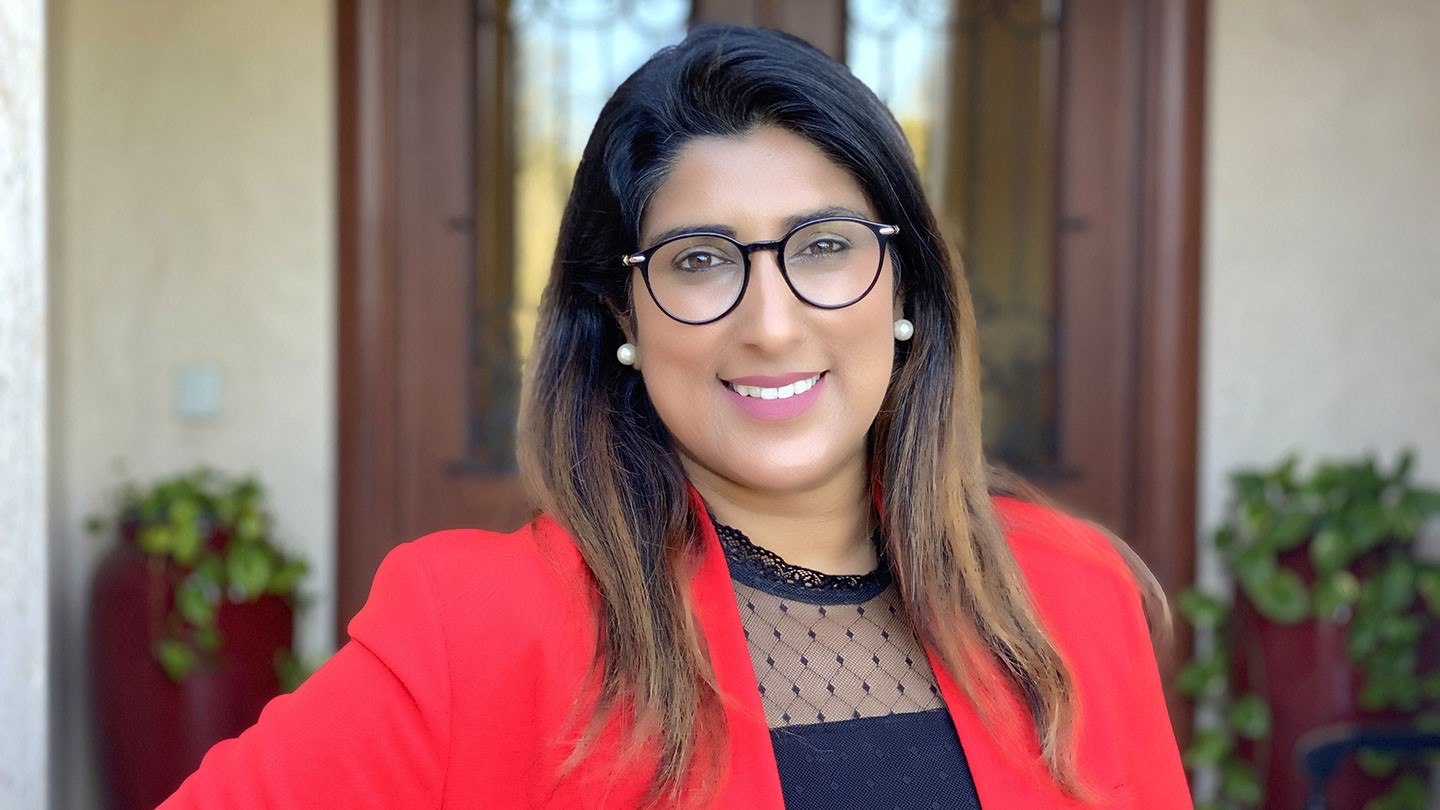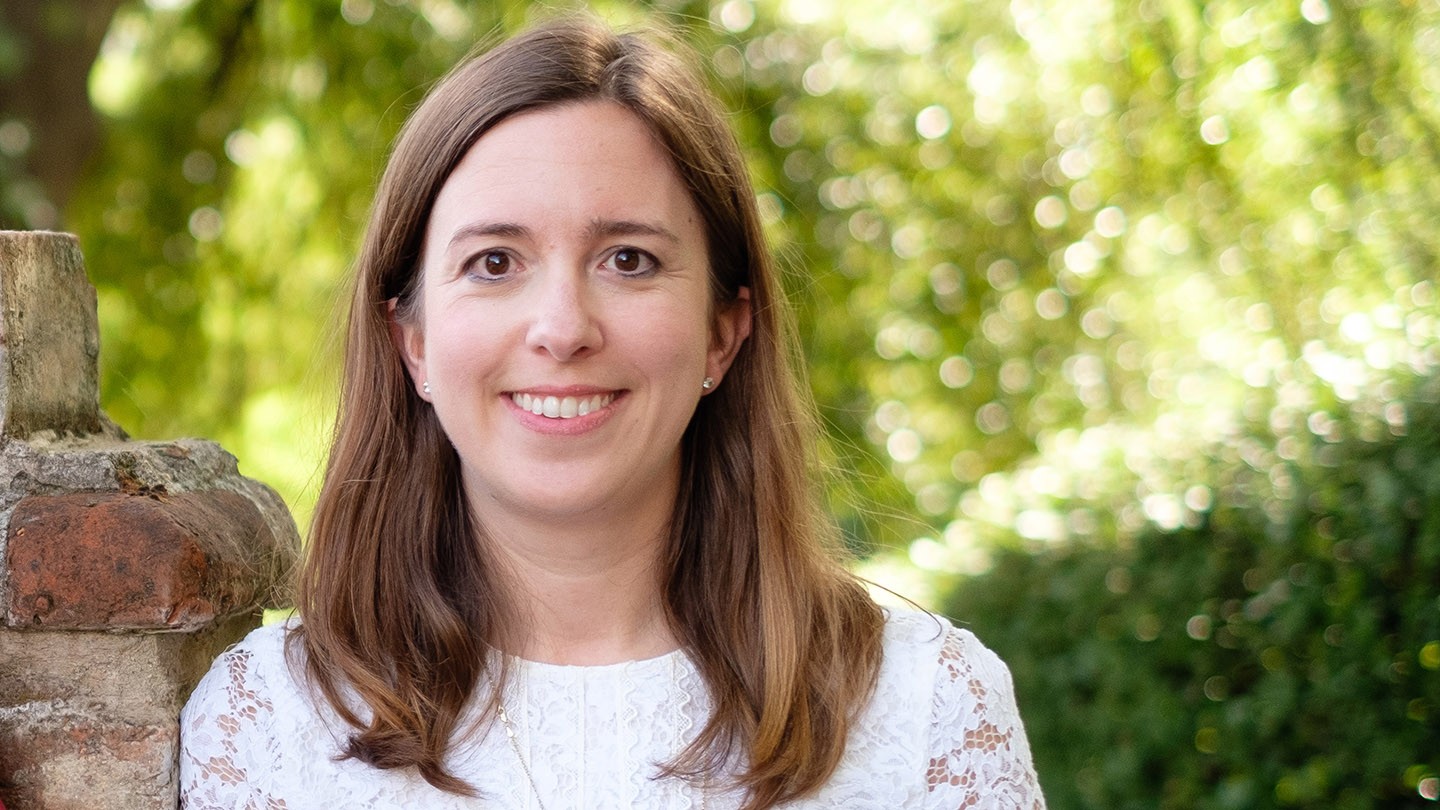
Innovation
Female Founders First: helping entrepreneurs “find their voice”
We meet three of the 30 trailblazing entrepreneurs who recently took part in Female Founders First – a one-off global virtual programme by Barclays and Techstars, dedicated to helping innovative women-led startups to grow.
Stephanie Benedetto – Co-Founder and CEO of Queen of Raw
“The numbers are frustrating to look at. Women are building incredibly powerful, profitable businesses and getting just 3% of the funding dollars – it doesn't make sense.”
Stephanie Benedetto is talking about the barriers that still face female founders. Alongside difficulties accessing networks and business advice, a lack of access to capital is one of the biggest challenges – and, according to the Barclays Female Founders Forum report, these have been exacerbated by the coronavirus pandemic.
Benedetto’s company Queen of Raw offers AI-powered supply chain tools and a global marketplace where people can buy and sell excess fabrics that might otherwise “sit in warehouses collecting dust or get burned or sent to landfill”.
Women are building incredibly powerful, profitable businesses and getting just 3% of the funding dollars – it doesn't make sense.
Co-Founder and CEO of Queen of Raw

Stephanie Benedetto’s company provides a global marketplace where users can buy and sell excess fabrics
As a corporate attorney who represented large fashion brands and retailers on Wall Street, she had encountered the issue in supply chains, and saw an opportunity to solve it. “It didn't make sense to me, because it's really damaging to people and the planet,” she explains. “But it also didn't make economic sense – waste is expensive. It's $120bn a year of unused textiles around the world. We know from speaking to suppliers, brands and retailers around the world where it comes from – approximately 15% of every single step of every production run ends up as waste. So this isn’t a problem that’s confined to any particular business model; it’s occurring globally, within every supply chain.
Having decided to create a company that would tackle the issue, she then had to persuade big brands and retailers to come on board. And while overcoming obstacles are part of any business journey and “part of what makes us entrepreneurs”, she says, “it is challenging when you can't have equal access to the resources to go do what you do best”.
This is where programmes like Female Founders First can play a crucial role in tackling disparities.
“We had incredible mentors and some of us are now actively negotiating deals with customers that came through the programme,” she explains. “What I loved about the programme was being able to have this cross-industry, cross-sector community, who are all at a similar stage of their business. Not only can you learn from each other, you can actually partner with people and go change the world.
Navrina Singh – Founder and CEO of Credo AI
“I see technology as a tool that should always be in service of humanity. But if it is not governed properly, if we don't provide the right oversight, sometimes the impact of these technologies can impact humanity in ways that we've not even thought about.”
This is the motivation behind Navrina Singh’s business Credo AI, which aims to help companies navigate the risks surrounding innovations like machine learning and artificial intelligence – technologies which have the potential to contribute US $15tn to the global economy by 2030.
Working at tech firms like Qualcomm and Microsoft had prompted Singh to consider the different implications of AI: “I started to think about the unintended consequences of AI and systems that we are deploying at scale across all industries. There was a lack of oversight and accountability across all levels of organisations which could have disastrous impacts on consumers and our society at large.

Navrina Singh says having access to Barclays’ networks was “transformational”.
Getting access to these founders, who are going through the same trials and tribulations that I'm going through, has been amazing.
Founder and CEO of Credo AI
“The best way to resolve that is to not only put the right guardrails in place, but also have a very methodical way to assess the impact, understand the risk and make sure that it's human accountability that ensures the right use of these technologies.”
It’s an issue that has taken on greater significance as we’ve become more reliant on AI technology during the coronavirus pandemic: “The past year has created a sense of urgency among our customers who are not only trying to tackle AI-introduced risks, but also want to unlock more strategic business opportunities using data and AI – especially when remote working is becoming a norm . But there’s a massive AI expertise gap that really needs to be bridged.”
The lack of networks for women and a confidence gap contribute to the challenges faced by the female founders, Singh says. “I do see that the expectations are also different – to convince people why I as a female founder can take this business to success as much as a male founder and CEO.”
She describes being able to access Barclays’ networks as “transformational”, helping women in business “find their voice”.
The highlight? Being able to connect with other entrepreneurs: “Just getting access to these founders, who are going through the same trials and tribulations that I'm going through, has been amazing. There’s nothing more powerful than to be able to share your challenges and also your wins with this group.”
Alexa-Maria Rathbone Barker – Co-Founder and CEO of tripAbrood
Former Bloomberg executive Alexa-Maria Rathbone Barker says she started tripAbrood “to solve the pain points of researching and booking family holiday” – pain points she knew all too well as a time-poor mother of three children.
Powered by AI, the platform uses data and artificial intelligence to match families with accommodation – and has the potential, she says, to cut the time taken to research and book a holiday from 30 hours to just 10 minutes. Since its launch nine months ago, tripAbrood has been named one of the top 100 UK startups by TechRound, and was awarded the ‘Startup of the Year’ at the Travolution Awards 2020.
You realise quickly that there are systemic challenges for females starting a business that our male counterparts are less likely to experience.
Co-Founder and CEO of tripAbrood

Alexa-Maria Rathbone Barker says the programme helped counter “the lonely world of being a founder”.
Rathbone Barker says it’s been a challenging year, with the travel sector largely grounded. But tripAbrood has used these challenges to its advantage through initiatives such as virtual activity packs which enable families to travel virtually from the comfort of their homes. Partnerships with leading travel brands have been highlights – alongside Female Founders First.
She says the programme “blew all my expectations out of the water”, illuminating the difficulties that can face women who start businesses, and helped counter “the lonely world of being a founder”. “We even had somebody who was dialling in from hospital, having given birth, and was showing us her baby. I mean, when you talk about female founder empowerment, you can't get any better than that.”
She adds: “When you go into that environment, full of like-minded, ambitious, hugely successful women, the myth that, ‘Maybe it's just me that struggles with certain things’ gets dispelled. You realise very quickly that actually, there are systemic challenges for females who are starting a business, that our male counterparts are less likely to experience.
“I happen to have a husband who is incredibly supportive and co-parents with me. That allows me to work the kind of hours and seven-day weeks that are required when you're starting something from scratch. But without his support, I would have found that really hard.”
Her mentor has continued to work with tripAbrood, becoming an advisor at the company. “It's absolutely amazing to be in regular contact – both from a mentorship perspective and a business partnership point of view.”